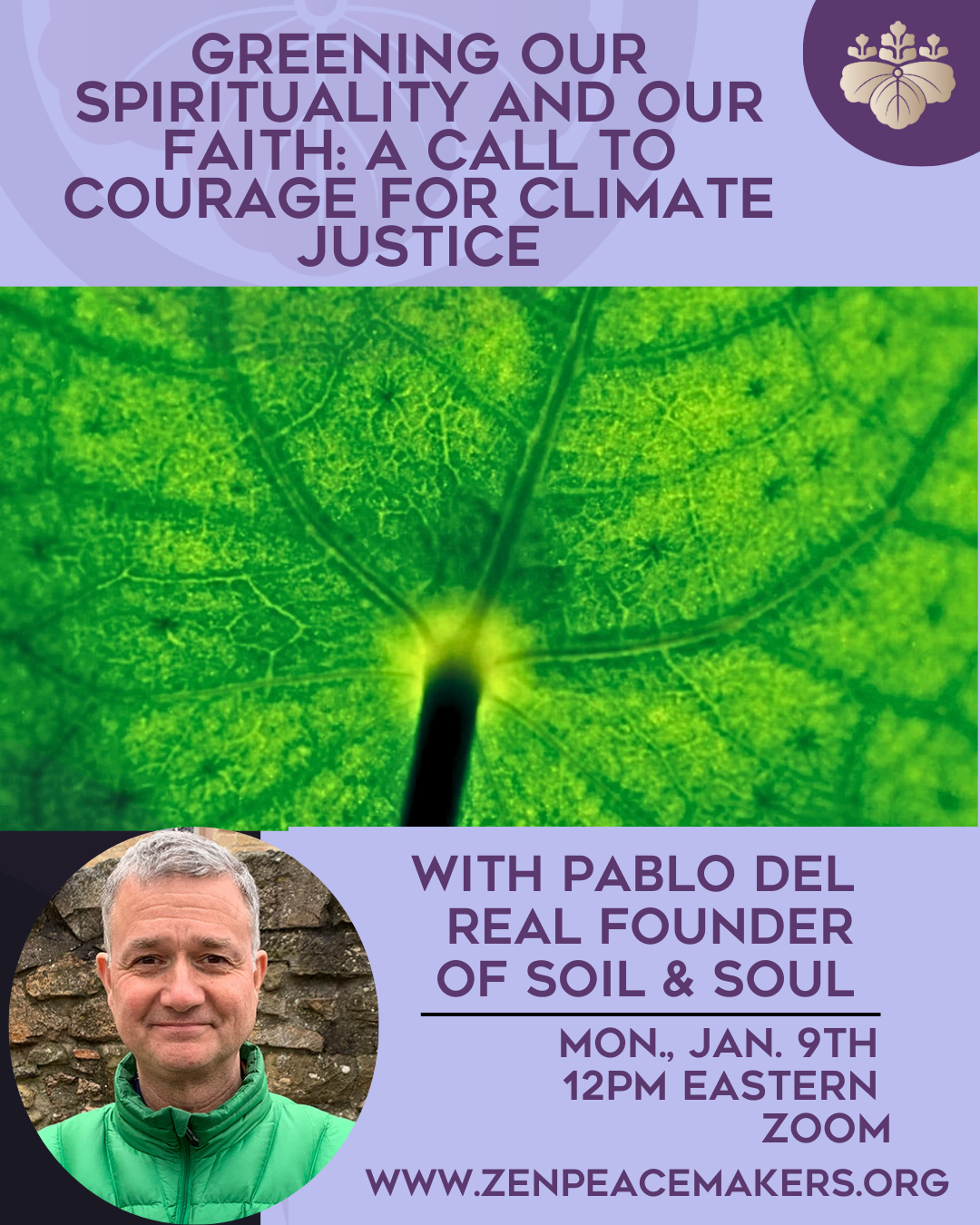Questions by Christa Spannbaur
Recorded at Rowe Conference Center by Ari Pliskin
Zen Master Bernie Glassman Bio
8) Zen-Centres and meditation-halls in Germany are full of people who belong to the well-off middle-classes. Spirituality has become a domain for people with a good income and with a higher education. We could even sharpen that and say that spirituality is only for privileged people who can afford to search for their enlightenment. Poor people don’t have the money or the time to do that. How can we make spirituality accessible to all people?
Many Buddhist centers were created as clubs that excluded the poor. How many people can leave their spouse and kids and go to a Zen center? In the early days of Buddhism in the United States, many left their homes and jobs. Many families broke up because of the demands of the monastic model. When my children were young, I was meditating instead of spending time with them.
In the U.S., there is only one Buddhist group that I know of that went to bear witness to the poor and African-Americans and that is Sokka Gakai. They started with narrow thinking, believing that they were the only right way, but now they are more open. From bearing witness, they felt what the African Americans needed. They needed jobs, support, help with their families while the Zen of the time only offered a monastic model.
How do we change? We bear witness. With time, African-Americans did attend Greyston events. We also bore witness to the style of practice. At Greyston, we didn’t do meditation, but started meetings with a moment of silence and people love it! Traditions that become popular do so because their creators bear witness to needs of people and meet them.



